Mutitu Factory was established in 1963 and lies on the southern slopes of Mount Kenya, within the Kirinyaga region. This mill serves smallholder farmers from the surrounding area. The region, along with its neighbouring locales, is renowned as one of the premier coffee-growing areas in Kenya, and the coffees produced here consistently rank among the finest in the world.
The Mutitu Factory is located in the Kathekiini location, within Kirinyaga County. The factory serves 1,250 members who each deliver coffee cherries for processing. On average, each farmer tends to around half an acre of land, growing approximately 200 coffee trees, alongside macadamia, beans, and corn.
In response to growing environmental awareness, the factory has implemented eco-friendly measures. It has constructed wastewater soak pits away from water sources, allowing the wastewater to naturally seep back into the soil. Additionally, the factory encourages its members to plant trees on their farms as part of broader environmental conservation efforts.
From our export partner:
The coffee is handpicked by the smallholder members and delivered to the factory where it is pulped. During this stage, the dense beans are separated from the immature 'mbuni' beans (floaters) through water flotation. The denser beans sink and are directed into channels leading to the fermentation tank.
The first fermentation process lasts approximately 24 hours, after which the beans are washed and transferred to a secondary fermentation tank for an additional 12-24 hours. Upon completion of the fermentation process, the beans are moved to washing channels where floaters are removed, and the dense beans are cleaned of mucilage.
Once washed, the beans are placed in soaking tanks where they remain under clean water for up to 24 hours. This soaking process allows amino acids and proteins within the beans to develop, resulting in heightened acidity and complex fruit flavours, which are characteristic of Kenyan coffees. It is believed that this soaking step contributes significantly to the renowned flavour profiles of Kenyan coffee.
After soaking, the beans are transferred to initial drying tables, where they are laid in a thin layer to rapidly remove about 50% of their moisture. This first drying phase lasts approximately 6 hours. After this, the beans are gathered and spread into thicker layers for the remaining 5-10 days of drying. Once dried, the parchment coffee is delivered to a private mill and stored in ‘bodegas’—raised drying cells made of chicken wire, allowing the coffee to breathe fully.
Traditionally, coffee in Kenya is sold through the country’s auction system, but recent amendments to the coffee law have introduced direct trading, enabling farmers to bypass the auction and sell their coffee directly to specialty roasters around the world.


